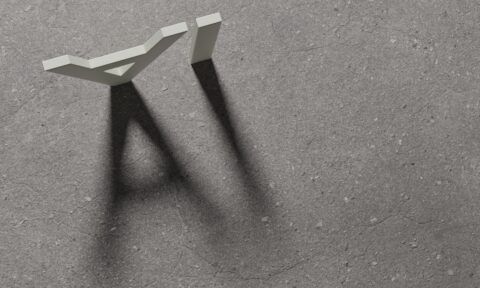Accident and Incident Investigation
- Accidents prevention through thorough investigation is crucial.
- Managers and supervisors investigate accidents and incidents.
- Understanding root cause analysis and proposing SMART objectives is key.
- Training staff to understand causes helps prevent accidents.
- Techniques can be applied to broader loss control matters.
Overview
The "Accident and Incident Investigation" course is designed for managers and supervisors responsible for investigating accidents, near misses, and environmental incidents. Participants will learn basic terminology, accident models, root cause analysis, witness interviewing, legal aspects of accident reports, proposing prevention objectives, consultation, communication, and reporting requirements. The course aims to equip individuals with the skills to understand accident causes and prevent future occurrences, benefiting employers by reducing costs and addressing broader loss control issues.
Who should attend
Managers, Supervisors
Course Content
When accidents occur, being able to fully understand them is an essential first step to ensuring they don’t happen again.
WHO IS IT FOR?
Managers and supervisors with responsibility for investigating accidents and incidents, including near misses and environmental incidents.
WHAT WILL CANDIDATES BE ABLE TO DO?
• Understand basic terminology,
• Explain Accident triangles, Domino and multi-causation accident models,
• Understand the importance and meaning of “root cause” analysis,
• Carry out a 5 why analysis,
• Plan and conduct a witness interview
• Understand the legal status of accident reports,
• Understand how to propose SMART objectives to prevent future occurrence,
• The role and importance of consultation and communication.
• Understand reporting requirements under RIDOR 2013.
EMPLOYER BENEFITS
Accidents are hugely expensive, quite apart from the moral and legal implications which can follow. By training staff to under-stand their causes, business’ have already taken an important step in preventing them in the first place. Moreover the fundamental techniques can be used to address broader matters of loss control for example product quality and damage control.
Duration: One Day 9am—5pm



